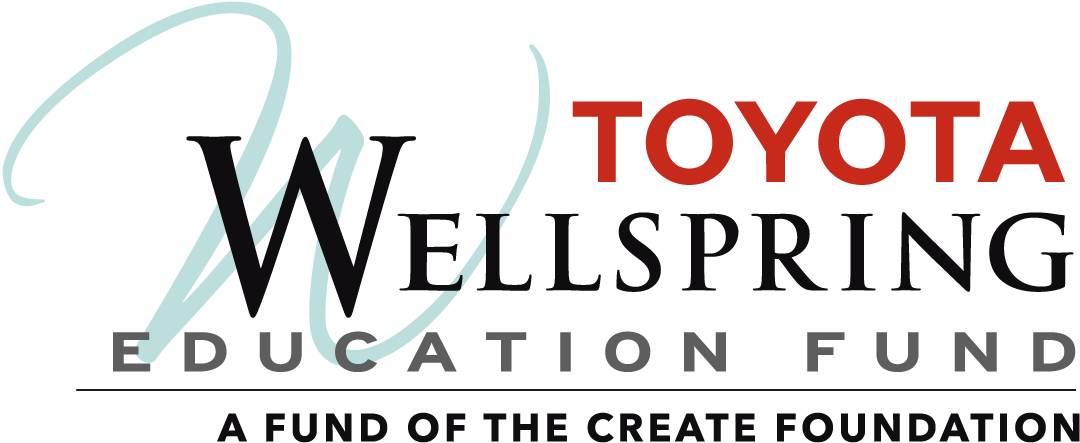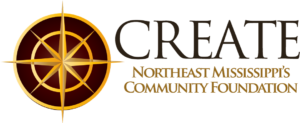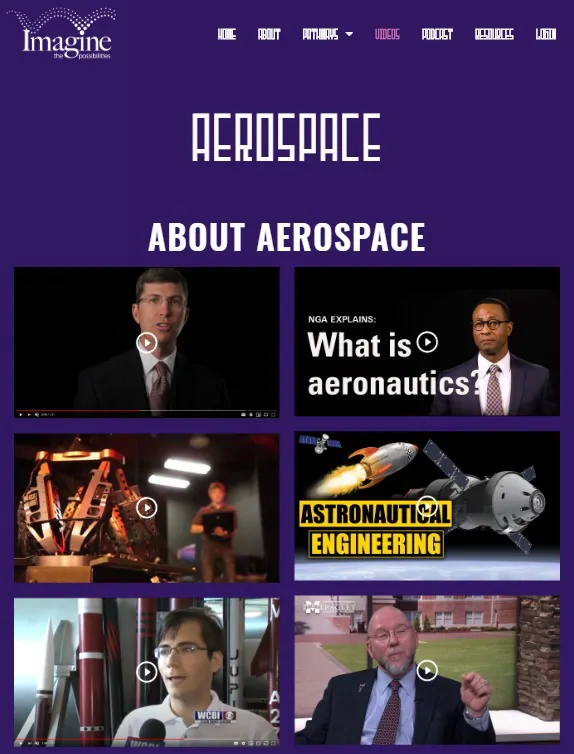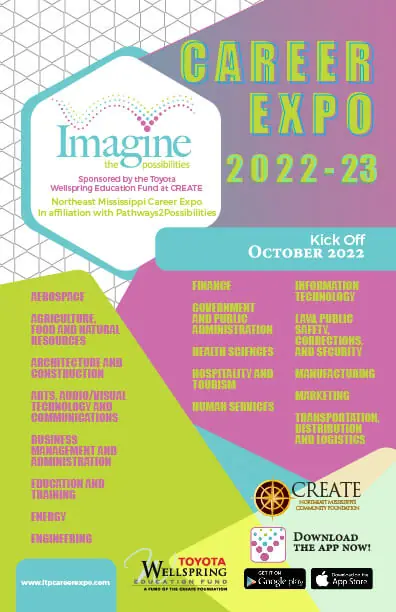What is Imagine The Possibilities?
Imagine the Possibilities describes the steps students can take to pursue their future careers. The ITP Career Expo, interest and aptitude assessments, career coach support, Career Connections experiences, and internships all provide opportunities to make sure students are exposed, prepared, and connected. Check out feedback from a former and current high school student!
What is the ITP Career Expo?
The Imagine the Possibilities Career Expo virtual experience exposes students to 18 potential career pathways through an intro video, mentor for a minute clips, podcasts, and other resources. Students from all seventeen Northeast Mississippi counties in the CREATE Foundation, Inc. umbrella can participate in this experience, and 10th-grade students can gain points by reviewing the resources to win Apple product prizes. Check out all the resources today!



The power of YouScience lies in our performance measures of aptitudes and our ability to connect natural talent with in-demand careers. We cut through social noise and gender biases to create more equity and access – matching users to their best-fit careers and giving them the confidence and data to make informed decisions about their futures.










